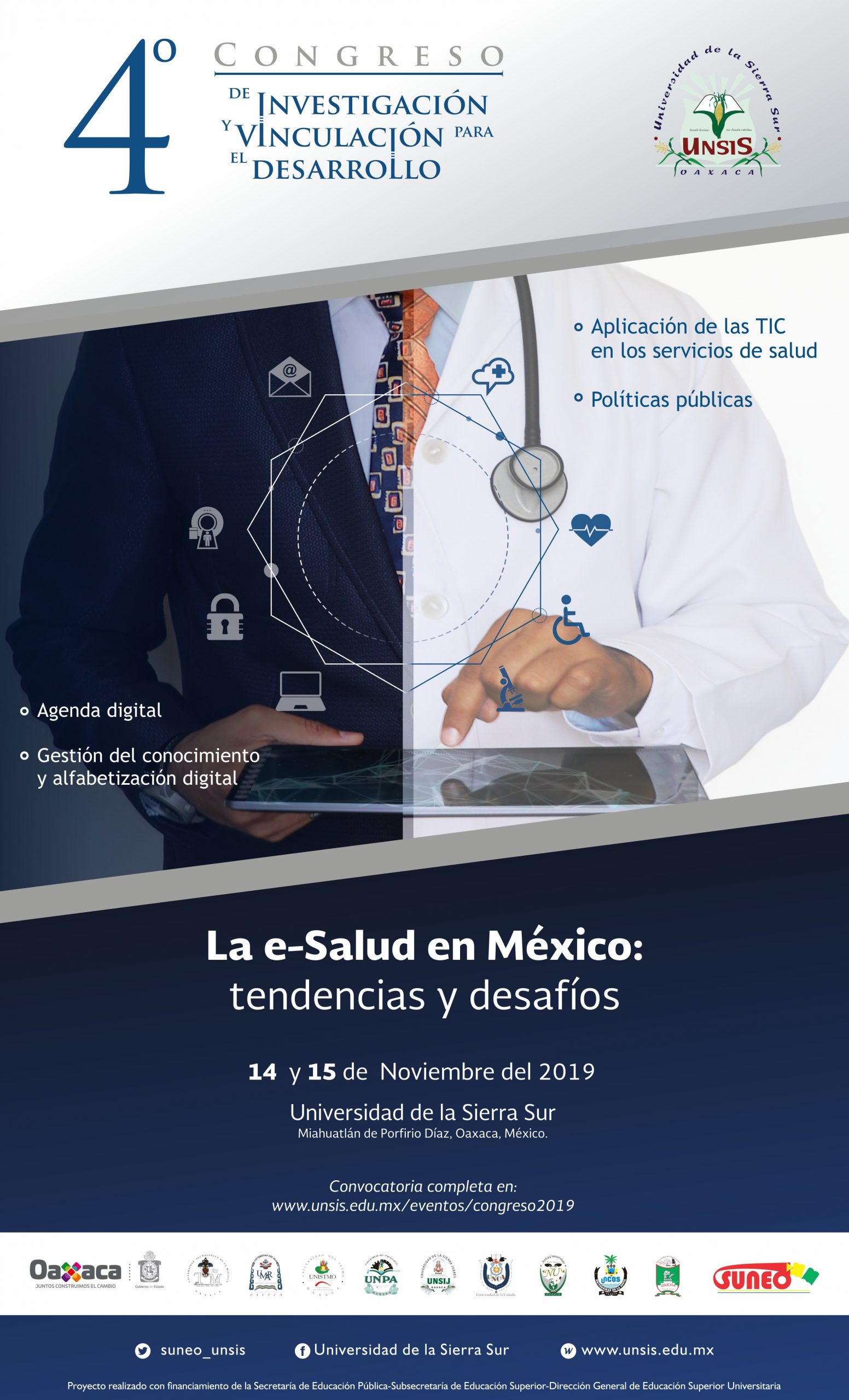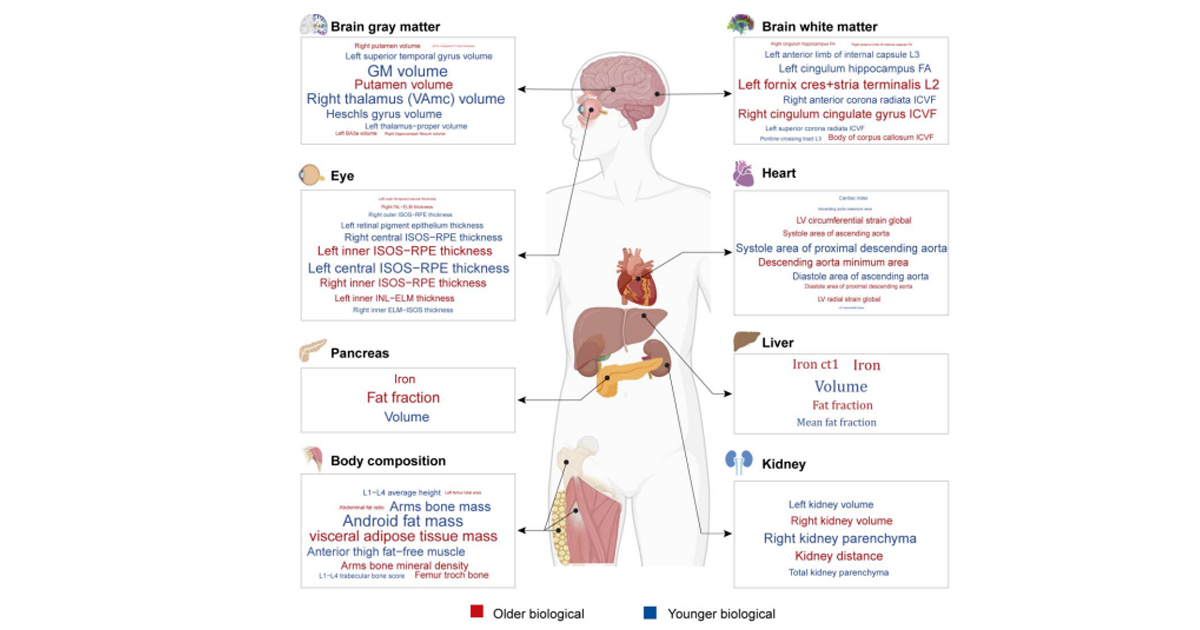Los Organismos Internacionales más relevantes en temas de Digital Health se unen buscando frenar la desigualdad de oportunidades a través del uso de tecnologías.

Los Ministros de Salud de los países miembros del G7 celebraron el 17 de mayo de este año una reunión en París que se enfocó en buscar soluciones para fortalecer la atención primaria de la salud, disminuir las brechas de desigualdad para los países en desarrollo y favorecer la eliminación del VIH / SIDA, la tuberculosis y malaria.
Los sistemas de salud en los países de ingresos bajos y medianos tienen frente a sí desafíos importantes para proveer atención de alta calidad y accesible a todos sus ciudadanos. En respuesta, el G7 a través de su infraestructura de políticas en salud, donantes e implementadores de programas, está buscando enfoques innovadores para eliminar las barreras geográficas y financieras para la salud.
Un factor relevante es que los países en desarrollo están experimentando un aumento sin precedentes en el número de usuarios de teléfonos celulares, y particularmente de smartphones, así como de un acceso creciente a internet, con costos cada vez más reducidos.
As a result, software están explorando el uso de plataformas digitales de salud como medio para superar los desafíos que enfrentan los mercados tradicionales con recursos limitados en disponibilidad, calidad y financiamiento de la atención.


In this way the Digital Health se postula como una de las grandes alternativas para cerrar la brecha de atención médica que existe, en particular en América Latina.
Para combatir esta desigualdad, diversos países del G7 como Francia, Canadá, Alemania y Japón, han comenzado a promover el fortalecimiento de la atención primaria de salud, piedra angular de los sistemas de salud.
Por otro lado, aún hay una ventana de oportunidad en el uso de nuevos métodos analíticos para la identificación de población en riesgo, y la prestación de servicios de salud a la distancia, beneficiando a aquellas personas que, por su situación geográfica, no tenga acceso inmediato a servicios de salud, en particular servicios de salud hospitalarios.
The implementation of digital health requires systematic evaluations, as well as robust digital platforms. In both cases, the learning of the developments and implementations carried out should be taken as a guide to follow, which in turn will allow the different health policies that take advantage of the benefits of digital health to be strengthened
Es notorio el interés que tienen los Organismos internacionales por promover la Digital Health como centro de las agendas más importantes en sus reuniones, lo que hace que las conversaciones sean cada vez más enfocadas en acciones resultantes bajo las que se comienza a trabajar y a crear casos de éxito replicables.
WORLD HEALTH ORGANIZATION
https://www.who.int/bulletin/volumes/90/5/11-099820/en/
HEALTH POLICY WATCH







